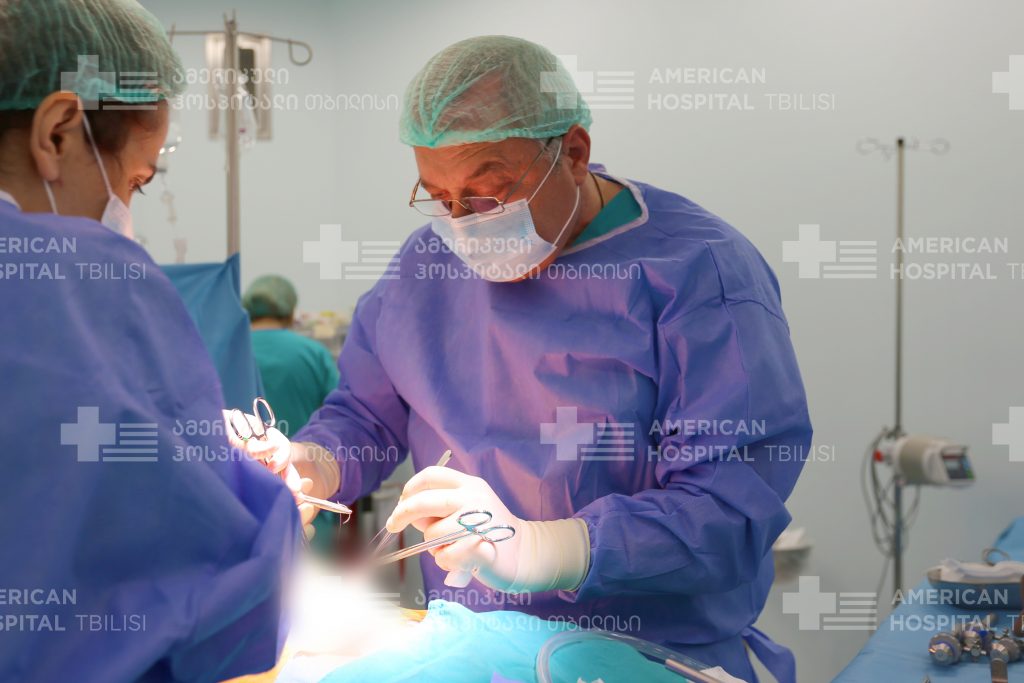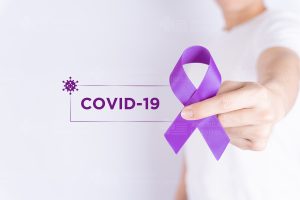Gastroesophageal Reflux Disease (GERD) is a clinical symptom complex caused by the back up of stomach contents into the esophagus (reflux). GERD is presently regarded as the most prevalent and widespread disorder of the gastrointestinal system in the world, with GERD symptoms affecting over 40% of the population. All of this resulted in the coinage of the slogan “XX century – the century of peptic ulcer illness, and XXI century – the century of GERD.“
GERD is thought to be a complex illness produced by a variety of pathogenic processes, including lower esophageal sphincter insufficiency, hiatal hernia, delayed stomach emptying, gastric juice hypersecretion, duodenogastric reflux, and so on. It should be noted that in the presence of GERD, in 80-90% of cases, a hiatal (diaphragmatic) hernia is also revealed
Risk factors for developing GERD include obesity, cigarette smoking, alcohol, spicy and acidic foods, hereditary factors.
In an essence, GERD is triggered by the stomach’s acidic fluid getting into the wrong place!
Symptoms of GERD are divided into two groups: typical (heartburn, regurgitation, nausea, difficulty swallowing, pain) and also atypical (non-cardiac chest pain, hypersalivation, laryngitis, chronic cough, chronic obstructive pulmonary disease, etc.)

Chronic course of GERD may develop the following complications: peptic stricture of the esophagus, esophageal ulcer, Barrett’s esophagus, bleeding, adenocarcinoma.
Used to detect and diagnose GERD: esophagogastroduodenoscopy, lower esophageal afferent manometry, gastrointestinal X-ray, 24-hour pH-metry, Helicobacter pylori test, histological examination.
Treatment of GERD involves three step-by-step approaches:
I – Lifestyle changes (weight control, diet correction, smoking, and alcohol restriction)
II – Drug therapy (antacids, H2 blockers, PPI-proton pump inhibitors)
III – Surgical therapy including the anti-reflux procedures, known as fundoplications, by open or laparoscopic methods. It should be mentioned, however, that in recent years, laparoscopic Nissen’s fundoplication has been considered the “gold standard” and the method of choice of surgical treatment for this condition, with an efficiency of 90-95 percent.
When should you consult a surgeon?
- When GERD symptoms progress and are bothersome
- When medical treatment of GERD is ineffective
- When complications of GERD develop
In American Hospital Tbilisi (AHT) operates a center for esophageal pathologies, where the team of highly qualified and experienced experts (endoscopist, radiologist, gastroenterologist, surgeon) under the leadership of Prof. Dr. Merab Kiladze offer a complex diagnosis and treatment of this pathology with a multidisciplinary approach at the level of international standards.
To book a visit and for detailed information, contact the call center of the American Hospital Tbilisi: 032 2 009 009.





